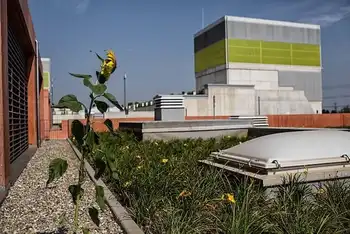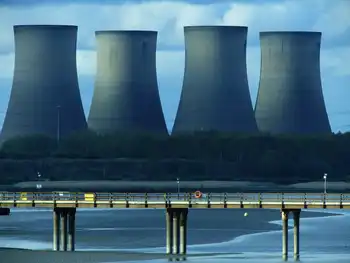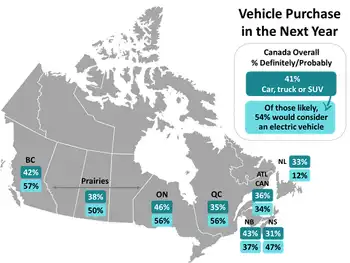California poised to lead country with accelerated EV adoption
Campbell, California – - Campbell, California – California is poised to lead the country by establishing a transformative electric vehicle framework that will speed up EV adoption faster than ever before by integrating public utilities into the stateÂ’s growing EV electric vehicle infrastructure.
In November 2014, the California Public Utilities Commission CPUC will rule on the role of utilities in deploying charging infrastructure, a key issue in their mid-term review of the EV market. The CPUC will make a decision on public utilities role in the stateÂ’s EV infrastructure. To help inform their decision, both San Diego Gas and Electric SDG&E and Southern California Edison SCE have submitted filings to cover nearly $500 million in EV charging infrastructure.
“We believe that California is at a pivotal moment for EV adoption and it is time to adopt a more robust and accessible infrastructure policy that benefits drivers, the market and the environment,” said Pasquale Romano, CEO at ChargePoint, the largest and most open electric vehicle EV charging network in the world, with more than 19,000 charging locations. “We are working with investor owned utilities to create a collaborative solution aimed at driving EV adoption and believe the best recommendations are contained in Southern California Edison’s recent filing. Their recommendations take into consideration the need for driver adoption, sustained innovation, site owner choice, and installation practices using their own resources and expertise.”
ChargePoint believes that it is time that utilities play a significant role in EV charging infrastructure. With their scale and expertise, utilities can rapidly expand the deployment of charging stations and accelerate EV adoption. The right approach as seen in SCEÂ’s filing will provide the following benefits.
- Cut the cost of enabling a site with EV charging by reducing installation costs
- Communicate the benefits of driving electric to rate payers to accelerate EV adoption
- Lower energy costs for all ratepayers by managing EV load in a way that limits the additional capital resources that need to be deployed
- Provide for site owner choice of the ultimate charging solution, sustained innovation and spur competition and private investment
“We believe SCE’s approach will ensure the industry’s long term success as it brings utilities into the market while not restricting site owners to one brand, technology or pricing model. We feel that business owners need to select solutions that best fit their needs. This allowance for choice will increase competition and spur private investment in new technologies and business models,” said Romano.
SCE is proposing to install up to 30,000 EV charging stations in their territory over the next five years. In the proposal, SCE will provide a rebate to customers looking to install EV charging so they can choose the charging hardware and technology they prefer from a variety of vendors in the market. Additionally, SCE will cover the cost of installing the station.
“There are still details to iron out and we look forward to continuing our conversations with SCE and other utilities to drive toward a solution that advances the industry and works for all stakeholders. We believe strongly that the Commission should allow utilities to play a significant role in deploying EV infrastructure and are committed to continue working with utilities to craft policy that will aid in the rapid proliferation of EVs in the U.S.”
Related News

Europe’s Big Oil Companies Are Turning Electric
LONDON - Under pressure from governments and investors, industry leaders like BP and Shell are accelerating their production of cleaner energy.
This may turn out to be the year that oil giants, especially in Europe, started looking more like electric companies.
Late last month, Royal Dutch Shell won a deal to build a vast wind farm off the coast of the Netherlands. Earlier in the year, France’s Total, which owns a battery maker, agreed to make several large investments in solar power in Spain and a wind farm off Scotland. Total also bought an electric and natural gas utility in Spain and…




